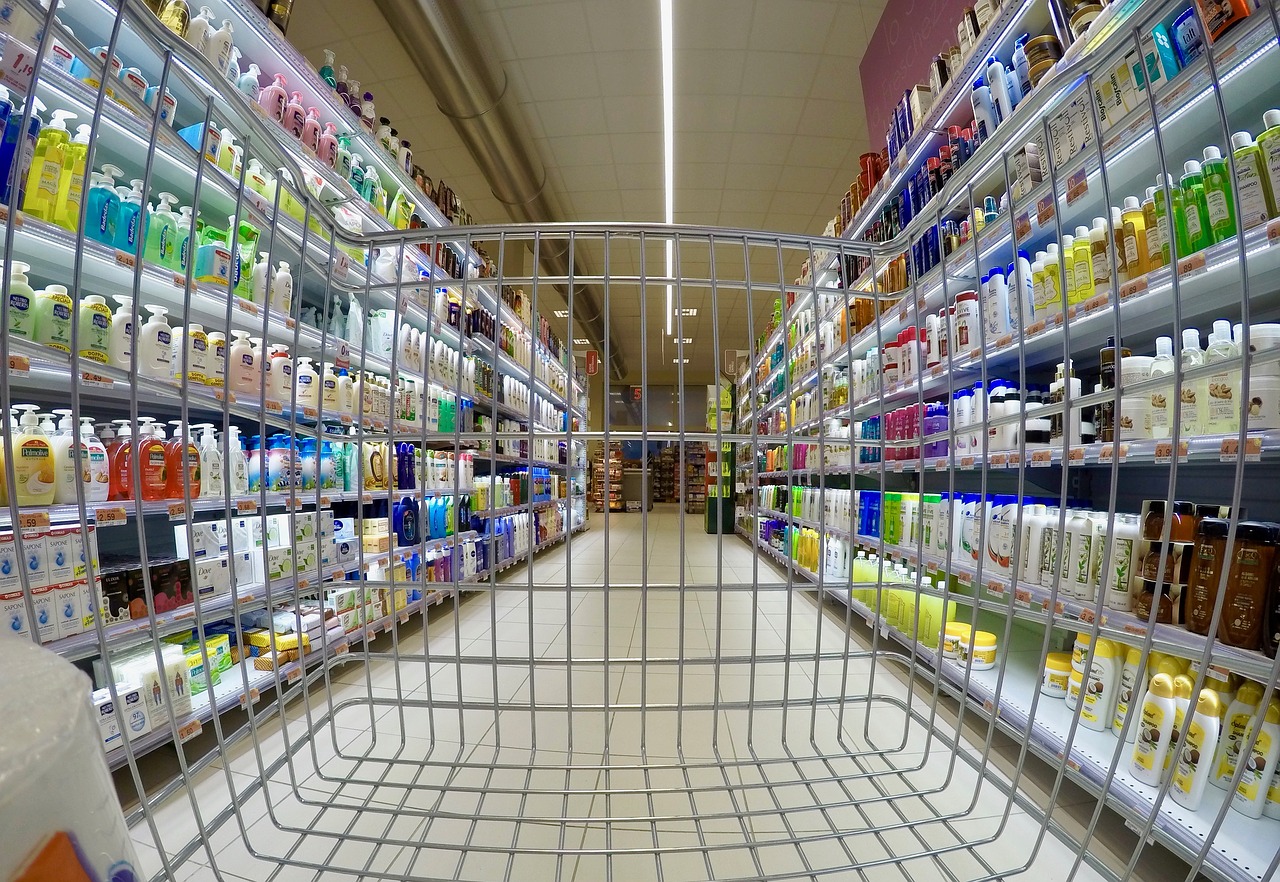For decades, a buoyant supermarket sector has underpinned the growth of brands but, since the financial crisis, the UK retail sector has experienced historic low rates of growth. A new study by Engage Management Consultants suggests that the supermarket sector is not only threatened by macroeconomic trends. Large grocery stores are also currently experiencing significant declines in footfall as shoppers look to emerging retail formats and platforms for their groceries and their rise means that supermarkets are unlikely to be a source of future growth.
A whole new world
Perhaps the most visible changes are in the emergence of online channels but this space, once considered to be the sole purview of Amazon and online grocery stores, has rapidly developed into a vast array of shopping opportunities. We’ve discussed in the past the emergence of and of hyper-specialist sites dedicated to single categories, but in the last two years we’ve also seen an explosion of investment in recipe-box operators such as Gousto and Hello Fresh as well as the exploitation of IOT (Internet of Things) opportunities in the form of Alexa and Amazon Dash.
But it’s not just online developments that are changing behaviour; discounters have exploded globally and re-positioned themselves as highly credible alternatives to supermarkets; furthermore, our love of convenience has led to the global expansion of this store format. Other new formats continue to emerge, particularly as online brands move offline. All this means that now no single defined retail format can claim dominance of a shopper’s heart as supermarkets once did and this has profound implications for the one-stop shop.
The long-term threat to supermarket sales
Overall this leads to one significant global trend; the fragmentation of the grocery basket. Whereas at one time it was reasonable for the consumer goods industry to assume that the shopping basket was likely to be filled in one stop at a supermarket, it must now consider that the grocery basket is likely to be filled from multiple environments, many of which may be unfamiliar to brand owners or, worse, simply not conducive to brand sales.
It’s here where the greatest source of threat to UK brand managers lies. Most UK brands depend on supermarkets and hypermarkets for up to 70% of their sales. It should not be assumed however, that growth in new environments will replace lost sales in supermarkets.
Brands perform less well in discount stores which shun major brands in the main. They also struggle to break through in convenience stores where limited ranges lead to a focus on only the biggest of brand names. Online, many brands are battling to secure cut through; whilst an infinite range might appear to be a panacea, few shoppers venture beyond a single page of products and many rely on predefined shopping lists to drive their weekly shop. All in all, therefore, growth in these emerging retail environments is unlikely to replace lost supermarket sales automatically.
Engage’s study examines the possibility that, for many brands, this could lead to a major collapse in growth this year, in 2019 and beyond. The study also suggests that, on average, a brand in the UK could see market share decline by 5 percentage points in the coming years with smaller brands coming off much worse in the future.
Industry leaders respond
The leading lights in the industry are doing just this: rapidly taking proactive steps to mitigate risk and even prosper from the countless opportunities that this new environment presents. Many of the largest players are currently taking steps to better understand the fast evolving UK retail landscape, to reassess retail channel priorities as well as to redefine / crystallise future sources of brand growth.
This is leading to a concerted multi-functional effort across consumer marketing, customer marketing and sales, as these combined teams collectively reconsider customer priorities, build more integrated brand / customer plans and determine a vision for the ‘store of the future’. Many of these leaders are taking the opportunity to assemble real and virtual customer focused teams across all relevant commercial, financial, operational as well human capital development functions, with the aim of blending the best resource to deliver against cross functional initiatives which will underpin future sustainable growth.
These businesses are well placed to weather the storm, however, they represent only a small minority of the UK’s branded manufacturers. Many of the others are struggling to identify where to start and how to engage cross-functionally to formulate a response.
Accessible solutions at hand
To support leaders and managers in the industry during these tempestuous times, Engage has partnered with a team of UK and Global industry experts in order to build a roadmap that describes the key actions that companies should be planning for the future as well as helping them to identify immediate opportunities to begin working together ever more closely as a team.
Both the roadmap and Engage’s findings are freely available to managers in the consumer goods sector. If you would like our experts to share these with you as well as taking the opportunity to discuss some of the specific issues that you face, then please don’t hesitate to get in touch.


